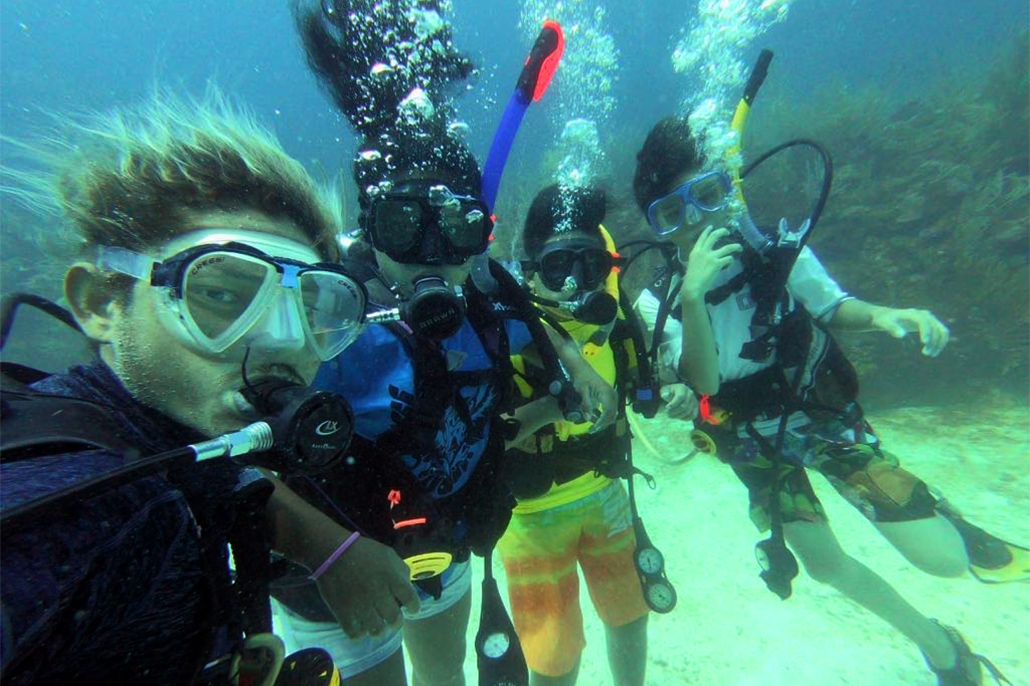21st Nov 2019
What are the Pros and Cons of Kids that Go into Scuba Diving?
You might have been wondering if a child can be permitted to go scuba diving. Well, there is an article by the Professional Association of Dive Instructors that supports scuba diving allowing kids at the early age of 10 years old to be certified as Junior Open Water Divers.
However, there is a debatable topic though as to whether it is recommendable for just about any children. That is because they develop mental and physical capacities at different rates. This includes the child’s maturity, physical limitations, and reasoning skills.
So it is difficult to define the age at which children can dive safely.

Pros Of Scuba Diving For Kids
- The younger a person begins scuba diving, the more he or she can be comfortable to be with it.
- Parents who are diving can take kids on scuba holidays, as they share their passion for the underwater world with their family.
- Scuba diving courses derive concepts from school subjects like mathematics, natural science, and physics and apply them to real world situations.
- Scuba diving will encourage students to conserve the environment.
- Despite the risky nature of scuba diving, it is favorable to teach children to manage the risks of diving in order to help them learn personal responsibility.
Cons Of Scuba Diving For Kids
- It is not advisable for kids at the age of 10 because of the risk of decompression illness due to patent foramen ovale. This allows the bypass of blood to the lungs during pregnancy which can still be partially open at such age, particularly in slow developing children.
- Equalizing the ears when scuba diving is essential to balance the air pressure when a person descends. This makes it unsuitable for kids as they have difficulty to equalize the air pressure due to their physiology. Thus, this makes it impossible for children under the age of 12 to equalize the ears due to their underdeveloped Eustachian tubes.
- There are unknown effects of scuba diving to the brain, developing bones, and tissues, which make it risky for some kids.
- Children may have difficulty in understanding the physical sensations that are normal during diving. So, they might not effectively communicate any potentially dangerous physical problems with adults.
